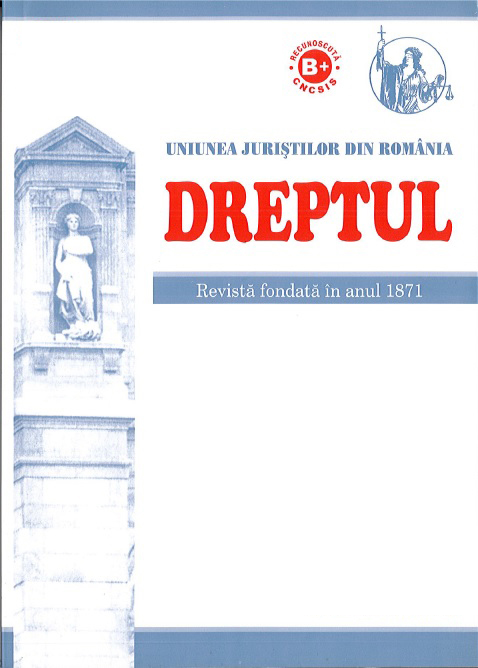The present study is dedicated to the approach from theoretical and practical perspective of the problem of instigation to commit an offence or to continue to commit an offence for the purpose of obtaining evidence in the context of using special investigative techniques. The problems presented are based on an ex post facto analysis, with applied character, by outlining some concrete hypotheses.
There are highlighted aspects elaborated by the European Court of Human Rights by way of case law, but also relevant aspects from the national case law of Romania in order to identify the criteria for establishing the illegal nature of the activities of the criminal investigation bodies necessary to collect and provide evidence in the criminal trial. Likewise, there are presented and analyzed the conditions retained by the Strasbourg Court necessary to be fulfilled so that the activities of the state bodies do not exceed the scope of loyalty of administration of evidence.
In addition, an attempt is made to delimit the instigation to commit offences from the legal activity of the undercover investigators in the context in which it has been authorized the use of the special method of investigation of using undercover investigators or collaborators, provided by the Criminal Procedure Code.


